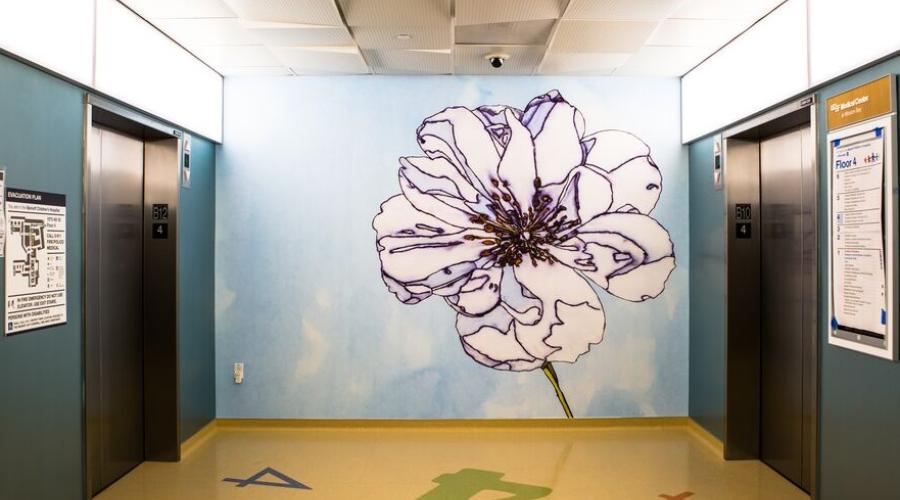
Acknowledging and Overcoming Structural Racism in the Intensive Care Nursery
A neonatal intensive care unit (NICU) provides critical care for ill and preterm newborns, and a new UC San Francisco study shows that structural racism contributes to health disparities for minoritized groups who receive NICU care.
A team of pediatricians, nurses and public health experts analyzed the hospitalizations of over 3,000 infants at the UCSF Intensive Care Nursery, revealing that Black and Native American families were more likely to experience adverse social events, including referrals to Child Protective Services, toxicology screenings for illicit drugs, emergency calls to hospital security, and behavioral contracts.
These findings, published in the Journal of Pediatrics, highlight unequal experiences within the NICU and the need to foster equitable treatment for equitable health outcomes.
“The process of identifying local disparities is critical to finding ways to promote anti-racism and social justice within and outside of the NICU,” says Kayla Karvonen, MD, first author of the paper and UCSF pediatric fellow in the Division of Neonatology.
Lasting Effects of Healthcare Disparities
Karvonen’s study is the first to examine policing within the NICU by examining security calls and behavioral contracts to monitor patient behavior determined to be problematic, building upon previous research linking racial and ethnic disparities in preterm births to negative consequences for birthing individuals and their infants.
“Policing in the hospital disproportionately burdens Black, Native American, and Alaskan Native families and has the potential to negatively impact the physical and mental health of families while compromising patient-clinician relationships,” says Karvonen.
Those marginalized populations were also more likely to undergo a urine toxicology screening for newborns. The absence of national guidelines for such screenings allows individual clinicians and institutional policies to determine testing decisions.
“Toxicology screenings can have devastating consequences, particularly for Black and Native American families who face an increased chance of being reported to Child Protective Services and experience longer separations and lower rates of unification,” says Karvonen.
Progressing Toward Equitable NICUs
The first crucial first step for clinicians and hospital systems to promote anti-racism and social justice is understanding disparate patient experiences and health outcomes by race, ethnicity and primary language.
Karvonen says that the research team, which includes Erica Anunwah, MD, Pediatrics Resident, Matt Pantell, MD, MS, Assistant Professor of Pediatrics in the Division of Hospital Medicine, and Elizabeth Rogers, MD, Professor of Pediatrics in the Division of Neonatology, is partnering with community members to deliver recommendations to UCSF.
Aligned with UCSF’s commitment to anti-racism and health equity, UCSF and UCSF Health provided initial funding for this study and have already moved to modify policies of urine toxicology screening and Child Protective Services referrals.
“We must address what we can change within our institutions; that is our job,” says Karvonen.
